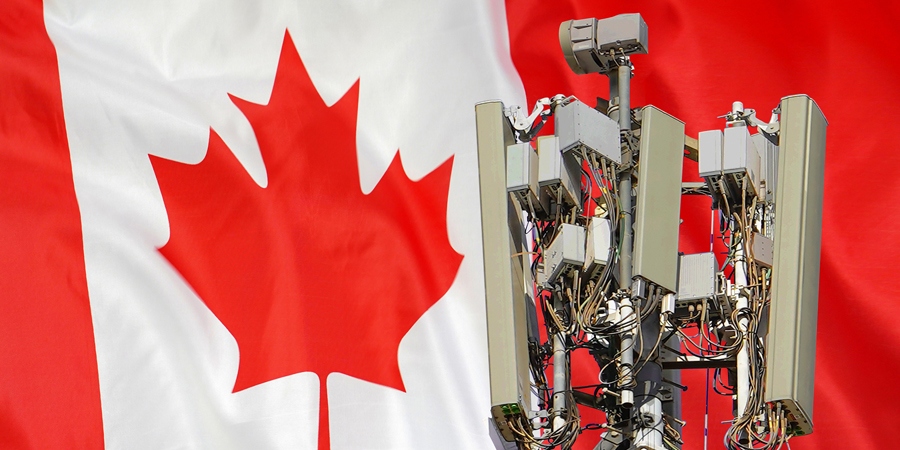The Honorable François-Philippe Champagne, Minister of Innovation, Science and Industry, announced a new licensing policy that will give easy local access to 5G spectrum for Internet service providers and innovative industries, as well as rural, remote and Indigenous communities.
This new non-competitive local (NCL) licensing process will help smaller users access 5G spectrum in very localized areas. With this policy, Canadians will benefit from improved connectivity in rural and remote areas and access to innovative new products and services.
“Whether it’s on farms, in factories, on university campuses or in hospitals, new wireless technologies are enabling exciting innovations across our economy. That’s why our government is making access to 5G spectrum easier to ensure that Canadians, especially those in rural and remote parts of our country, can benefit from these emerging technologies,” explained Champagne.
Based on the published May 2023 decision, Bell, Qualcomm, Rogers and Sogetel, among others, generally supported ISED’s proposal to apply the NCL licensing framework to the 3900 MHz band in all areas.
In terms of eligibility, a number of smaller stakeholders argued for restricting NCL license access to larger mobile service providers.
Given that 3900 MHz will be the first band available for NCL licensing, ISED decided that it is appropriate to reserve 3940 MHz to 3980 MHz for use by small operators — those with less than 100,000 retail mobile phone subscribers — including small commercial mobile service providers, non-traditional users (NTUs) and WISPs.
This approach would restrict access to the 3940-3980 MHz portion of the band for larger mobile service providers, making them ineligible to hold NCL licenses for the mentioned blocks.
Innovation, Science and Economic Development Canada is working to implement this licensing framework using a simple, automated licensing system that will be made available in 2024.










